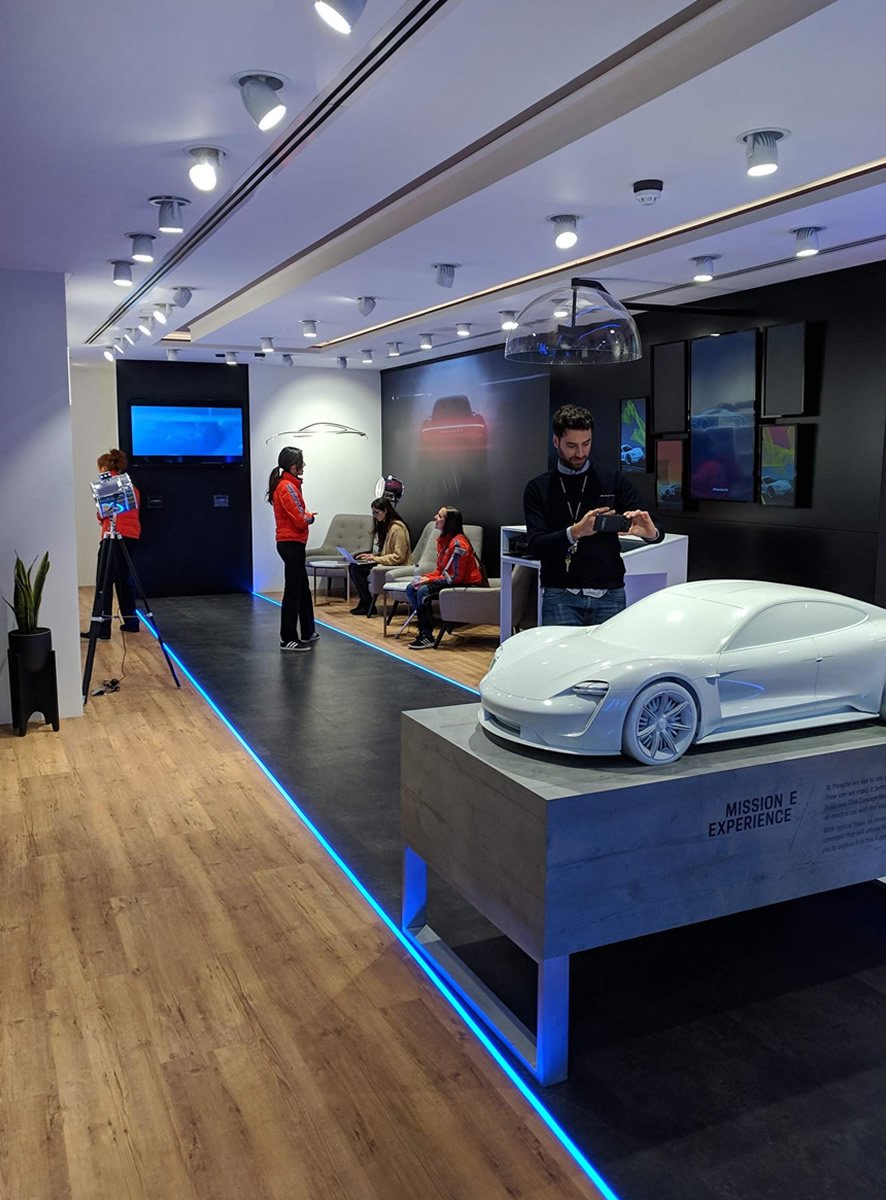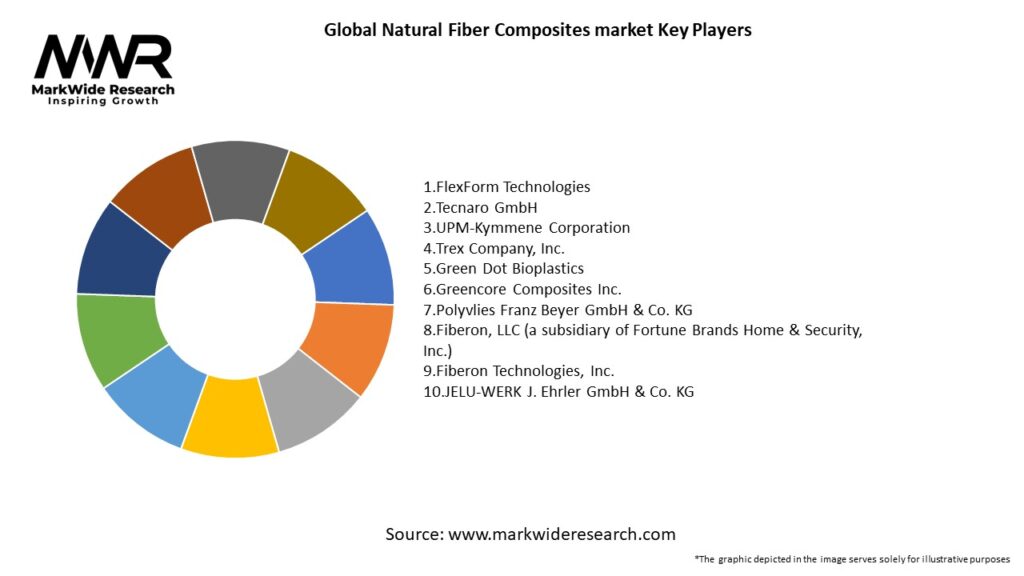Luxury Car Sales In China: The BMW And Porsche Case Study

Table of Contents
The Allure of Luxury Brands in China
The appeal of luxury brands in China transcends mere material possession; it's deeply intertwined with cultural values and aspirations. Owning a luxury car, particularly from established Western brands like BMW and Porsche, signifies success, status, and a connection to a globalized lifestyle. This aspirational aspect is fueled by the burgeoning Chinese middle class, characterized by:
- Rising disposable incomes: A rapidly expanding middle class with significantly increased purchasing power is a major driver of luxury car demand.
- Increased brand awareness: Years of exposure to international brands through media and travel have fostered a strong desire for recognizable, high-quality goods.
- Status symbol: Luxury cars represent social standing and achievement within Chinese society.
- Desire for Western brands: Western brands often carry a perception of superior quality, craftsmanship, and innovation compared to domestic alternatives.
This potent combination of factors has created an environment ripe for luxury car sales growth, making China a crucial market for global automotive giants. Understanding this cultural context is paramount to crafting effective strategies within the luxury car market China.
BMW's Strategy in the Chinese Market
BMW's success in China is a result of a multi-pronged approach tailored specifically to the local market. Their strategy emphasizes:
- Localized marketing campaigns: BMW has invested heavily in creating marketing materials and campaigns that resonate with Chinese consumers. This includes featuring local celebrities in advertisements and tailoring messaging to appeal to specific cultural values. Examples include using social media platforms popular in China and partnering with local influencers.
- Extensive dealer network: A vast and well-distributed dealer network ensures accessibility and convenience for customers across the country, a critical factor in a geographically diverse market like China.
- Focus on customer experience: BMW prioritizes exceptional customer service and after-sales support, building strong relationships with its clientele and fostering brand loyalty.
- Production facilities in China: Establishing local production facilities has allowed BMW to reduce costs, improve responsiveness to market demand, and enhance its image as a committed partner in the Chinese economy.
Porsche's Approach to the Chinese Luxury Car Market
Porsche, while also targeting the high-end segment, has carved a unique niche within the Chinese luxury car market. Their approach focuses on:
- Emphasis on brand heritage and performance: Porsche leverages its renowned legacy of sports car engineering and performance, appealing to consumers who value driving dynamics and exclusivity.
- Targeted marketing to specific demographics: Instead of a broad-brush approach, Porsche targets specific demographics with tailored messaging, focusing on younger, affluent consumers who appreciate style and performance.
- Strong online presence: Porsche has cultivated a powerful digital presence in China, leveraging social media platforms and online channels to engage potential customers and build brand affinity.
- Exclusive events and experiences: Porsche hosts exclusive events and driving experiences, creating a sense of community and reinforcing the aspirational aspects of the brand.
Comparative Analysis: BMW vs. Porsche in China
Both BMW and Porsche have enjoyed significant success in China, but their strategies differ. While BMW focuses on a broader market appeal with a wider range of models, Porsche targets a more niche, high-end segment. A direct comparison of sales data and key performance indicators (KPIs) would reveal subtle differences in market share and growth trajectories. While both brands benefit from their strong brand recognition and quality, Porsche's focus on exclusivity and performance resonates strongly with a specific segment of Chinese luxury car buyers. However, the ever-changing luxury car market China requires both brands to constantly adapt and innovate to maintain their competitive edge.
Future Trends in Chinese Luxury Car Sales
The luxury car sales in China landscape is continuously evolving. Several key trends are poised to shape the future:
- Government policies affecting luxury car imports/taxes: Government regulations on imports and taxes can significantly influence pricing and accessibility, requiring brands to adapt their strategies accordingly.
- Growth of EV and hybrid luxury car segments: The increasing focus on environmental sustainability is driving demand for electric and hybrid vehicles, creating new opportunities and challenges for luxury car manufacturers.
- Rise of domestic luxury car brands: The emergence of successful domestic luxury car brands is introducing increased competition, forcing established international players to innovate and differentiate themselves.
- Changing consumer demands (e.g., sustainability): Chinese consumers are becoming increasingly discerning, demanding not just luxury but also sustainability and technological innovation.
Conclusion: Key Takeaways and Call to Action
The success of BMW and Porsche in the Chinese luxury car market highlights the importance of localized strategies, understanding cultural nuances, and adapting to evolving consumer preferences. Both brands have demonstrated the effectiveness of tailored marketing, strong customer service, and a deep commitment to the Chinese market. However, continued success will depend on their ability to navigate the complexities of government regulations, changing consumer demands, and the rise of domestic competition. Learn more about navigating the complexities of the Chinese luxury car market and gain insights into successful strategies by exploring further resources on luxury car sales in China. Understanding these dynamics is crucial for any brand aiming to succeed in this dynamic and increasingly important market segment.

Featured Posts
-
 Colombia Pension Reform At Risk Amid Corruption Allegations
May 13, 2025
Colombia Pension Reform At Risk Amid Corruption Allegations
May 13, 2025 -
 Extensive Search Underway For Missing Senior In Portola Valley Preserve
May 13, 2025
Extensive Search Underway For Missing Senior In Portola Valley Preserve
May 13, 2025 -
 Their Wild Summer Chris And Megs Journey
May 13, 2025
Their Wild Summer Chris And Megs Journey
May 13, 2025 -
 Edan Alexanders Father Pleads For Us Intervention Believes Son Still Alive
May 13, 2025
Edan Alexanders Father Pleads For Us Intervention Believes Son Still Alive
May 13, 2025 -
 2029 Natural Fiber Composites Market Comprehensive Global Analysis And Forecast
May 13, 2025
2029 Natural Fiber Composites Market Comprehensive Global Analysis And Forecast
May 13, 2025
